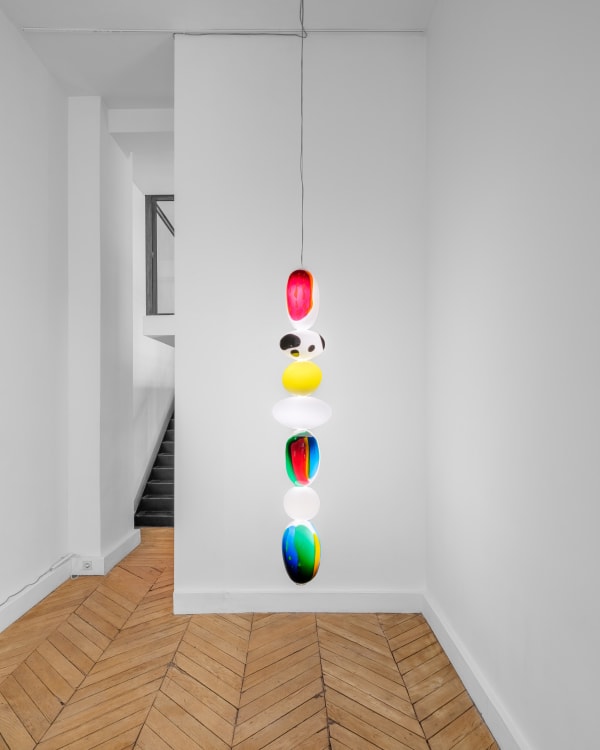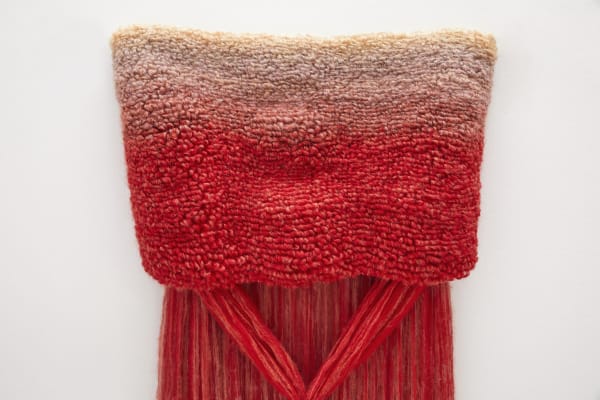-
EXPLORE
NEWS - ACQUISITIONS - PrESS
-
-

Acquisition Centre Pompidou Paris
Benoît Fougeirol Jul 1, 2024La galerie Maria Wettergren est heureuse d’annoncer l’acquisition par le Centre Pompidou, Musée National d’Art Moderne, d’une pièce photographique majeure de Benoît Fougeirol. Point de rupture (Hériter d’un paysage) ,... -

Danmarks Nationalbank’s Jubilee Foundation grant
Lotte WestpahelGalerie Maria Wettergren is pleased to announce that Lotte Westphael has been awarded the Danmarks Nationalbank’s Jubilee Foundation grant for her entire body of works. The foundation writes : «... -

Museum Acquisition of Signe Emdal by Danish Art Foundation
July 1, 2024Galerie Maria Wettergren is delighted to announce that Signe Emdal’s important textile sculpture, Infinity Root , 2021 has been acquired by the Danish Art Foundation in Copenhagen, Denmark. The textile... -

ACUMEN Magazine
February 18, 2025 -

Le Monde
February 7, 2025
-






